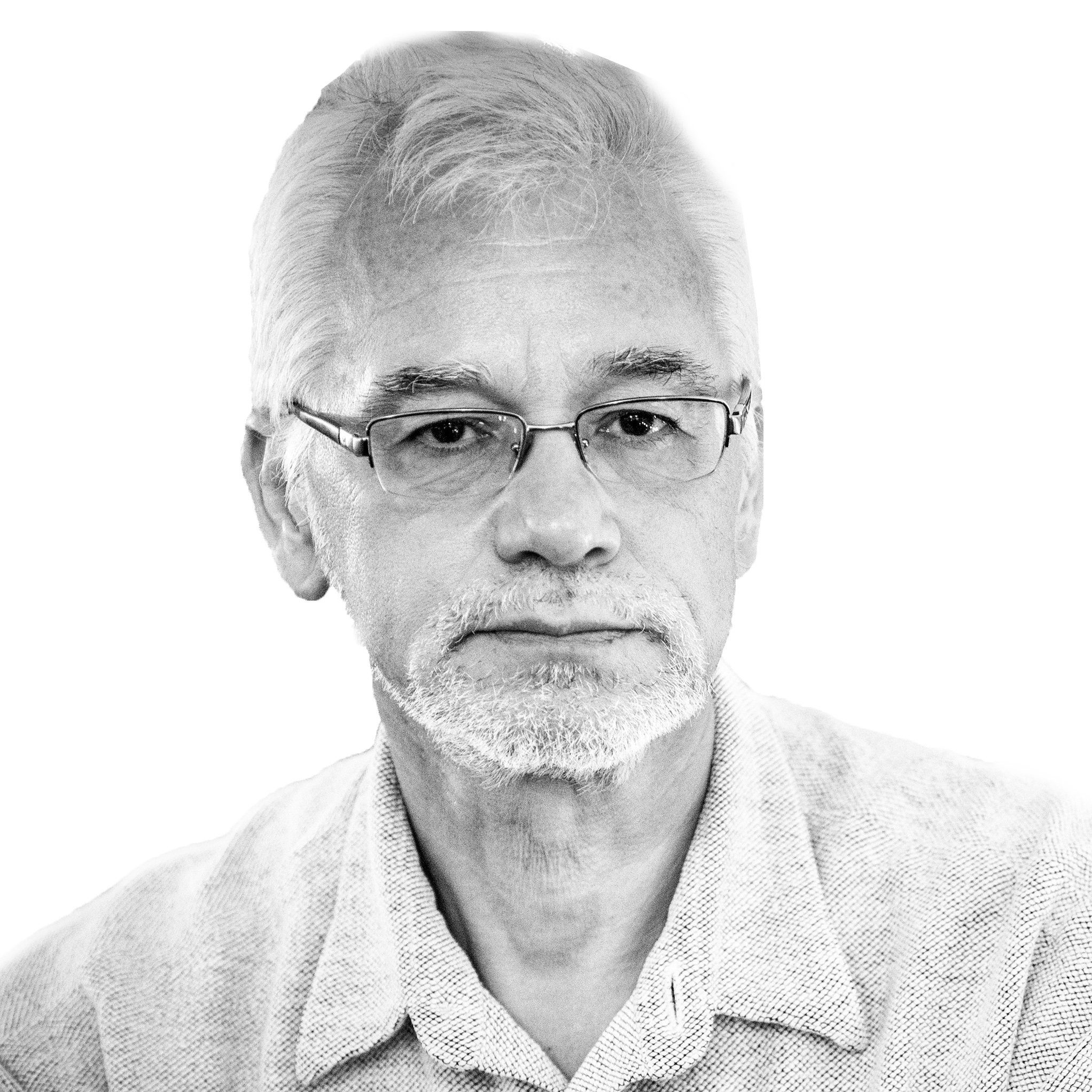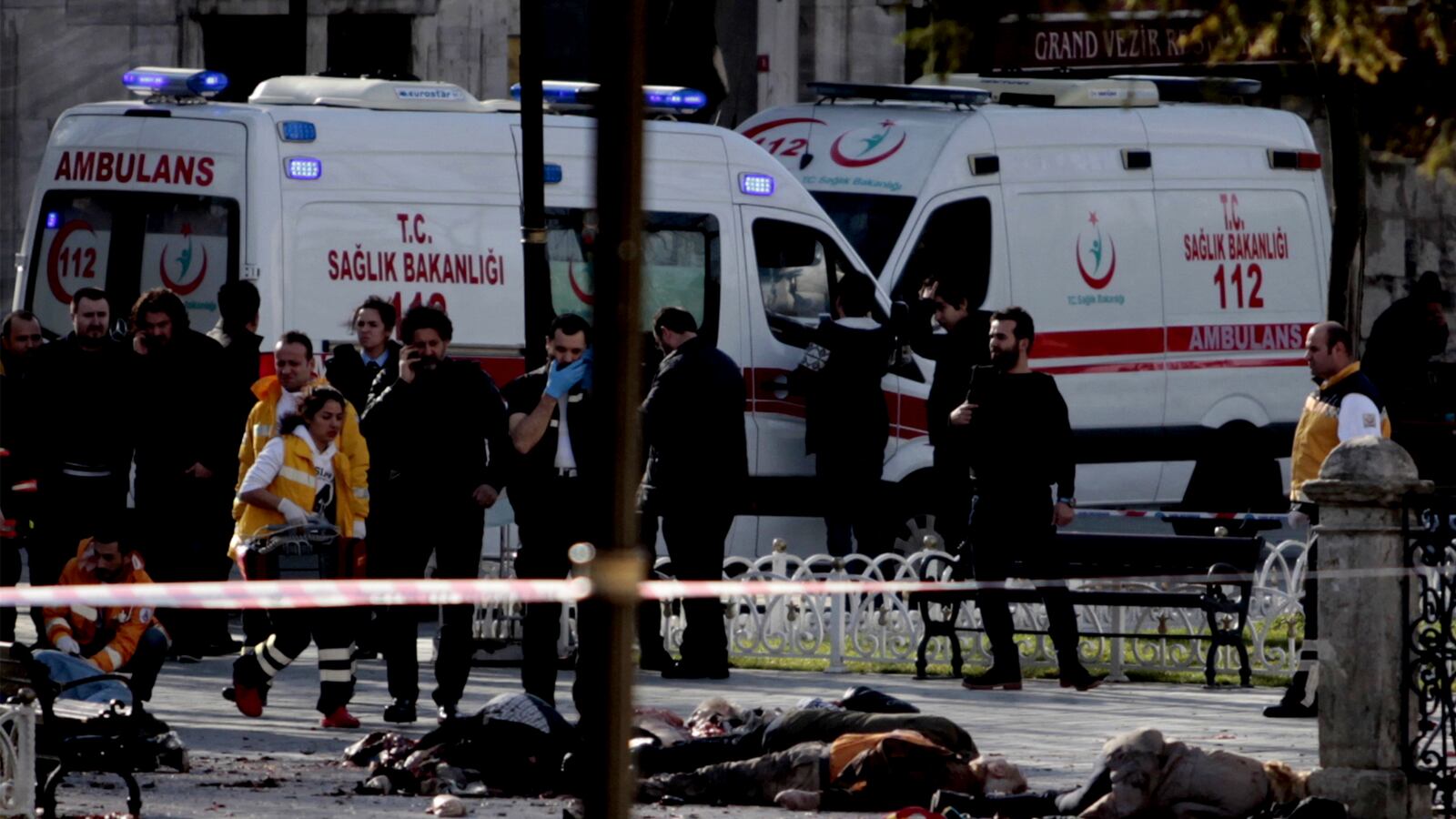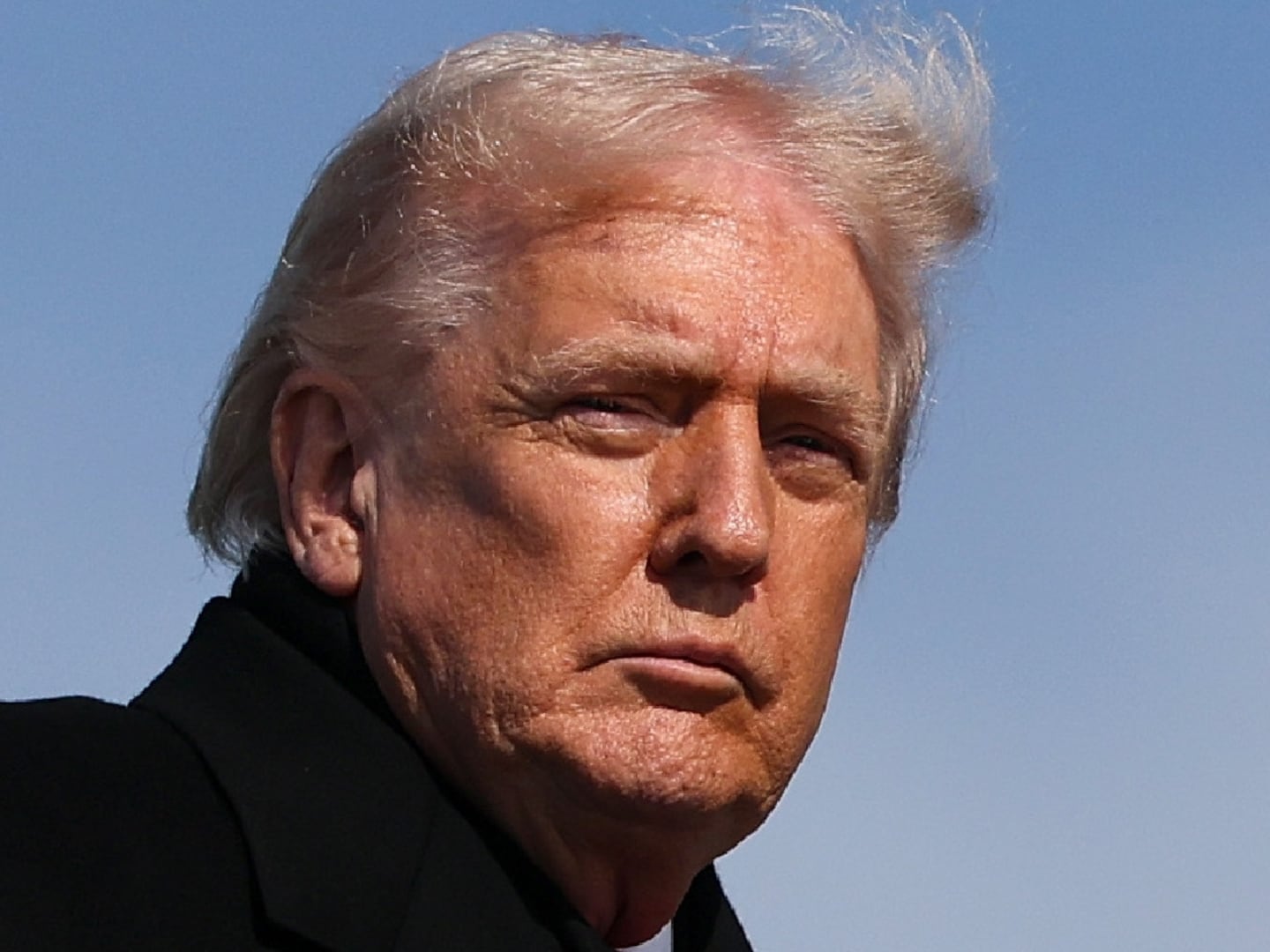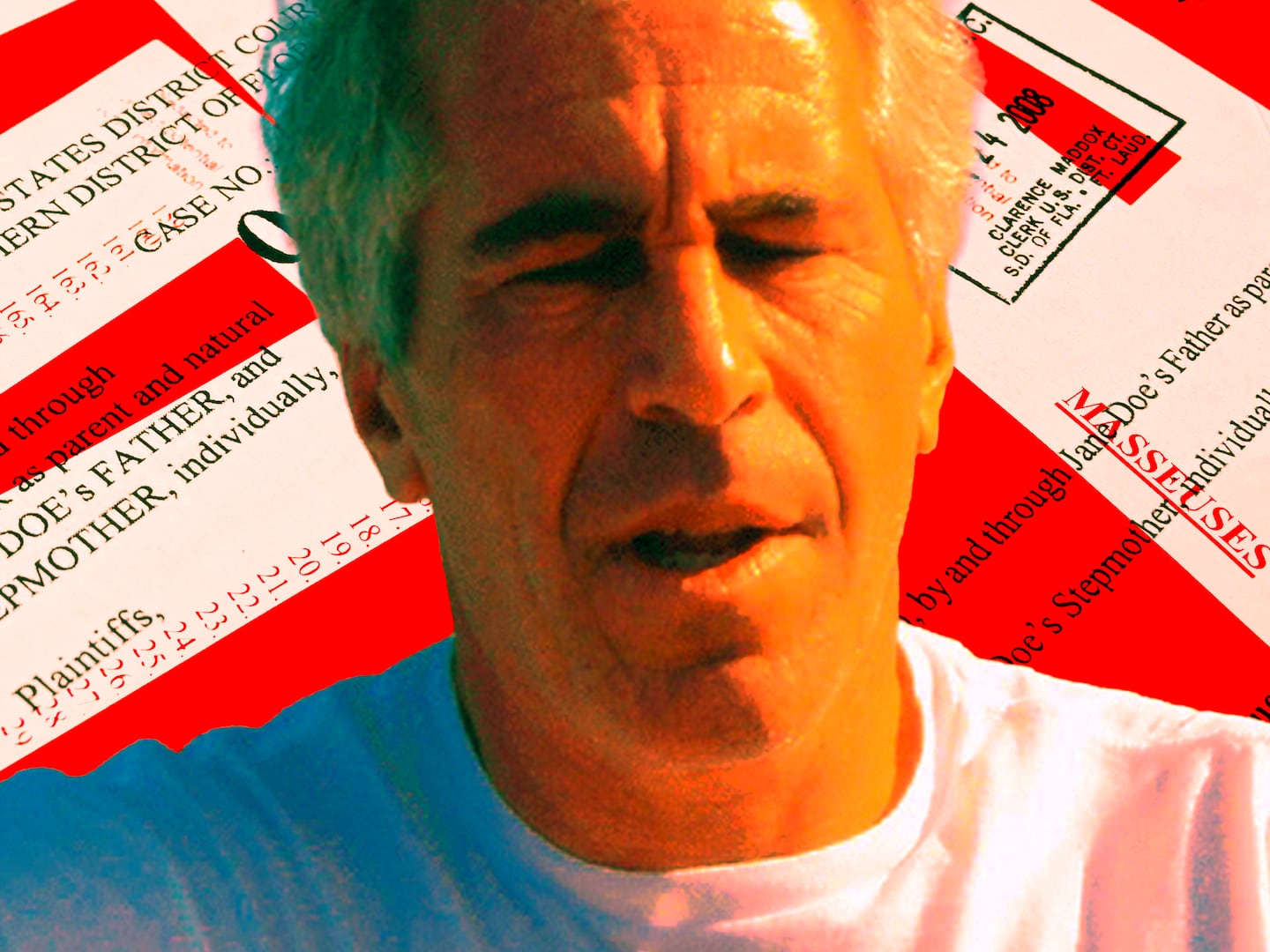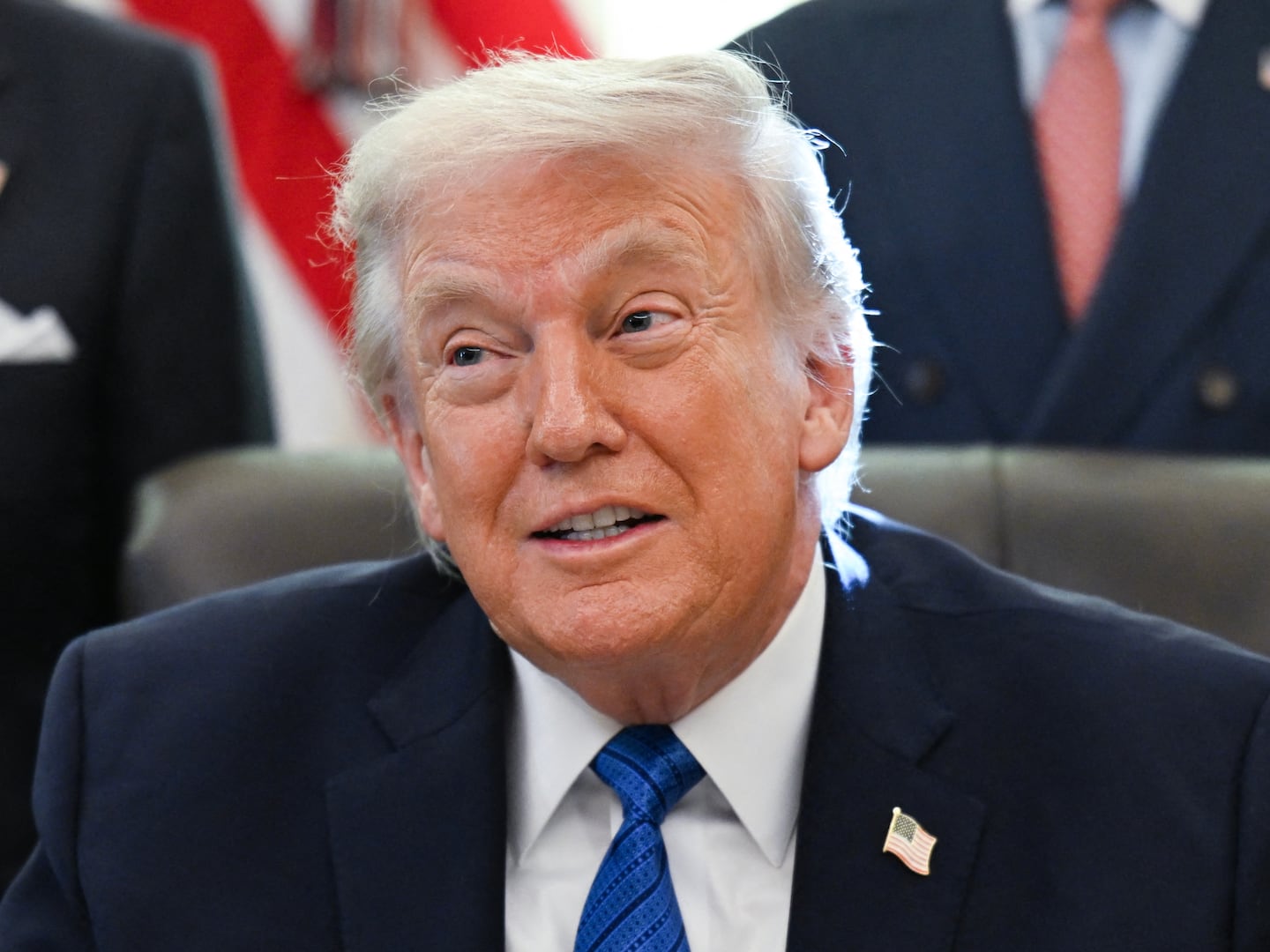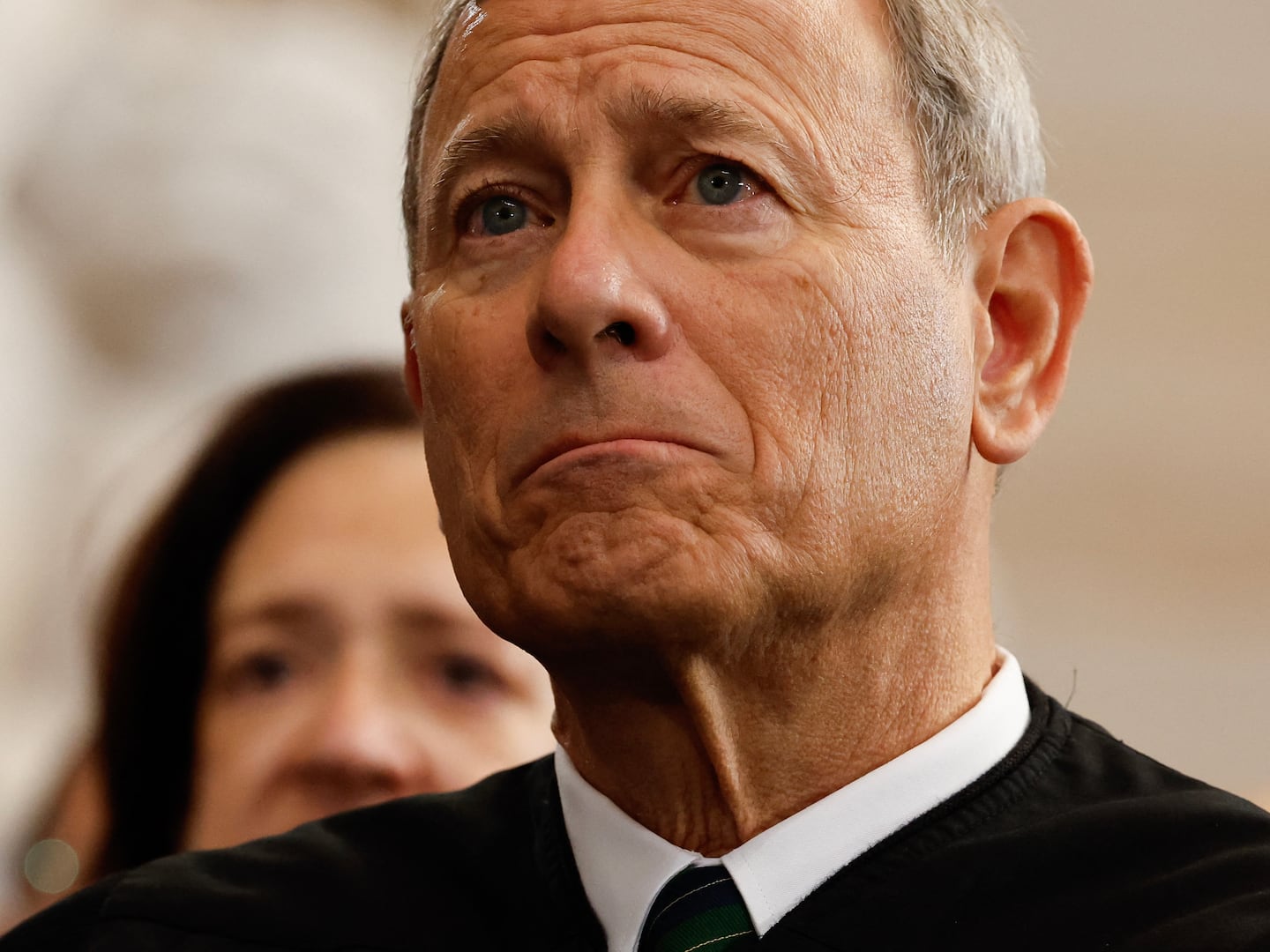ISTANBUL — A suspected ISIS suicide bomber killed 10 tourists in the heart of Turkey’s largest city on Tuesday, sending a chilling message to the country that borders on the self-styled jihadist caliphate.
The blast took place in the historic neighborhood of Sultanahmet, home to the Blue Mosque, the Hagia Sophia and other top destinations for the more than 10 million tourists that visit Istanbul every year. A group of tourists, most of them Germans, had gathered at the so-called Hippodrome, the site of ancient chariot races, at around 10:20 a.m. local time when a 28-year-old man joined the group and triggered the explosives he was carrying with him.
Eyewitnesses spoke of a “ball of flames” shooting up from the middle of the group as body parts were hurled across the square and the boom of the powerful explosion rang out all over the city. Leyla Akcam, a Turkish woman passing by the Hippodrome shortly before the blast, told Turkish media she heard the explosion and turned around. “There was smoke everywhere,” she said. “I escaped by three minutes, just three minutes.”
Media reports said that some limbs landed in the entrance area of a museum across the square, where officials closed the doors and led visitors out of the building through a back exit. Police cordoned off the square as ambulances arrived to carry away the wounded and the dying and as bomb experts looked for a possible second explosive device. They did not find one.
Speaking in Ankara just hours after the explosion, President Recep Tayyip Erdogan and Prime Minister Ahmet Davutoglu firmly put the blame on ISIS. Erdogan said the suicide bomber was a Syrian national, while Davutoglu declared the killer had been a “foreign ISIS member.”
Observers said the fact that Ankara had identified the man so quickly could be a sign that the suspected bomber had been known to law enforcement agencies and might have been shadowed by police or intelligence services. “Somebody dropped the ball,” Abdullah Bozkurt, a journalist critical of the government, wrote on Twitter. The government denied that the man had been on a watch list and said the suspect had crossed into Turkey from Syria only recently. Some news reports said the suicide bomber was a Saudi, not a Syrian national.
Tuesday’s bombing follows a spate of ISIS suicide attacks in Ankara and near the Syrian border last year that killed more than 130 people, and it is the first attack to directly target foreign nationals and the tourism industry that generates billions of dollars every year. Last year’s attacks killed Turkish citizens—leftist and Kurdish activists, seen as apostates by the jihadists.
Some are concerned that Tuesday’s suicide bombing could be the starting point of a new ISIS offensive. “ISIS will target Turkey in 2016 and is aiming to proclaim a Turkey province in February or March,” journalist Mete Sohtaoglu wrote on Twitter.
Critics say Ankara has failed to take ISIS seriously for too long, and some opposition politicians have even accused the government of providing weapons to extremist groups. Ankara says this is not true, but Western diplomats like the former U.S. Ambassador to Turkey, Francis Ricciardone, say that Turkish authorities were convinced in the first phase of the Syrian conflict that they could work with groups like the Nusra Front, the al-Qaeda-affiliated group in Syria.
Davutoglu said Tuesday that Turkey wanted to push ISIS away from the Syrian border. The jihadists have been using Turkish territory as a corridor to bring fresh fighters and supplies into Syria. There have also been reports that Islamist fighters have gone to Turkey for medical treatment before heading back into Syria.
But ISIS has found it harder lately to keep supply lines open in recent weeks, as they are pounded by coalition airstrikes and pushed back from some border crossing points by the advance of Kurdish fighters backed by U.S. air support. The Turkish military has also started to build walls and fences along some sectors of its 560-mile border with Syria, and the Obama administration says it is working with Turkey to close the last remaining weak points. Secretary of State John Kerry said last November that 75 percent of the border had been shut off to ISIS.
With Tuesday’s attack, ISIS could be saying that it cannot be defeated by those efforts. Shortly before the New Year, police in Ankara arrested two men accused of planning a double suicide attack in the Turkish capital on New Year’s Eve. News reports at the time said raids on the house were the two men stayed netted e-mails and other evidence that ISIS was planning terror attacks in Europe. Other reports say ISIS has sent several suicide teams into Turkey. After Tuesday’s blood bath on the Hippodrome, the hunt for those sleeper cells will be on. But there is not guarantee that Turkish police will find the potential killers before they can strike again.
